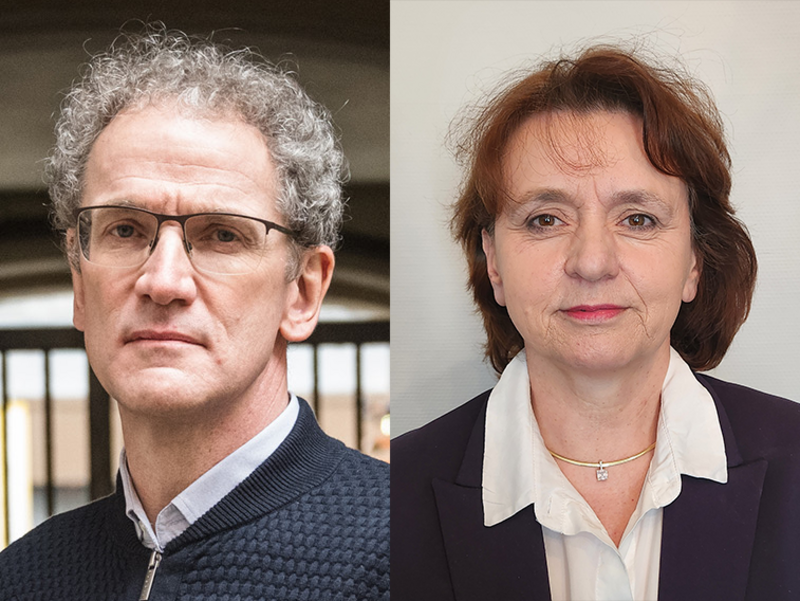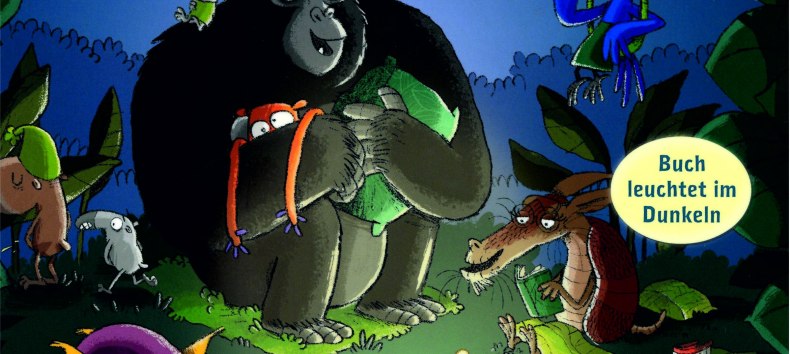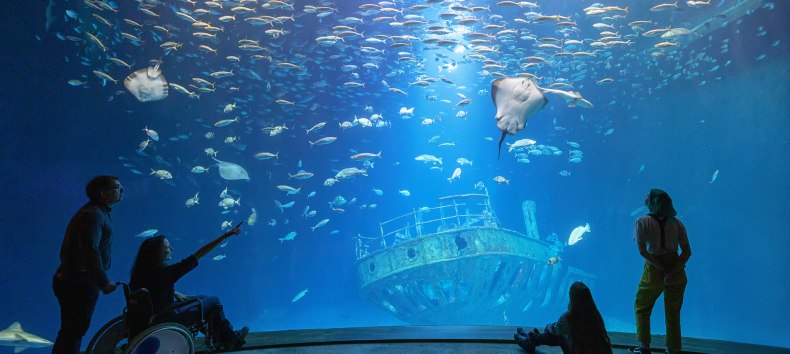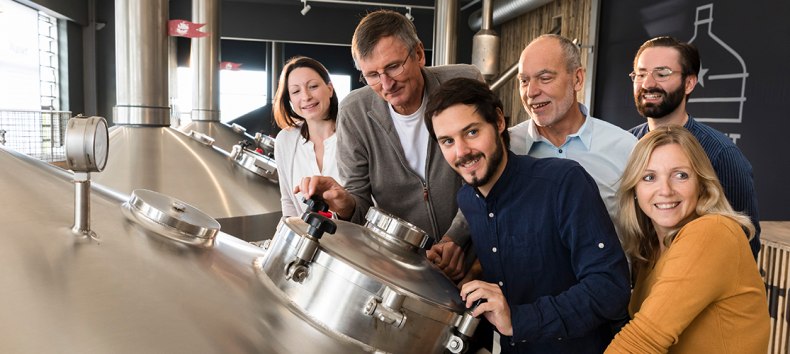German-Polish discussion with Professor Dr. Dirk Oschmann (University of Leipzig, Institute of German Studies) and Dr. Justyna Schulz (Instytut Zachodni
The fall of the "Iron Curtain" was associated with the hope that democracy would triumph. This hope was largely dashed. In the countries of former real socialism, authoritarian governments are increasingly asserting themselves, sometimes even displaying totalitarian traits. In Poland, too, a national-populist government was in power for years, and in Germany, especially in the east, the AfD is achieving record results. As a result, the East has a bad image today. How much of this is construction? And what are the real causes of this political development, which can now also be observed in the West? These questions are the focus of the German-Polish discussion with Justyna Schulz and Dirk Oschmann.
Dirk Oschmann is Professor of Modern German Literature at the University of Leipzig and President of the German Kafka Society. He studied German, English and American Studies in Jena and Buffalo/USA. He completed his doctorate on the literary work of Siegfried Kracauer and his habilitation on language and poetry theory in the 18th century (Jena 1998/2006). He has taught several times as a visiting professor at various universities in the USA. His most recent important books are: "Freiheit und Fremdheit. Kafka's novels" (2021) and in particular "The East: a West German invention" (19th ed., 2024), which generated a great response nationwide.
Justyna Schulz is a Germanist and economist. She studied German language and literature at the University of Warsaw and economics at the University of Bremen, where she also completed her doctorate. Her research interests include transformation processes in Central and Eastern Europe and monetary theories. From 2017 to 2025, she was Director of the Instytut Zachodni in Poznan, one of the leading institutions for German studies in Poland. She is currently an analyst at the institute with a focus on German-Polish economic relations.
Welcome: Professor Dr. Thomas Klinger
Moderation: Professor Dr. Andreas Ohme




